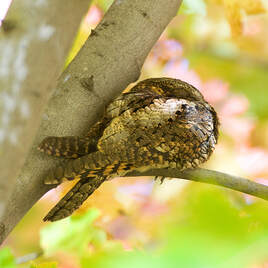 Photo by Dan Vickers Photo by Dan Vickers By Steve Phenicie Whip-poor-wills aren’t always terribly popular with the sleeping bag crowd at campgrounds. Sure, their bucolic calls are a pleasure to hear while sitting around the campfire, but when they are still “whip-poor-willing” long after it’s time for some shuteye, well … A patient observer once counted 1,088 “whip-poor-wills” in rapid succession. After a night of delivering its trademark call, the bird sleeps on the forest floor or on a horizontal log or branch during the day. You’re unlikely to detect one, however, because they prefer to sit motionless. Whip-poor-wills are a mottled brown-gray overall with black flecking, a reddish tinge on rounded wings, a black throat, and a long, rounded tail. They measure nine or 10 inches long and prefer open deciduous and pine woodlands, often along forest edges. They don’t build nests but often lay their eggs, typically a clutch of two, in leaf or pine litter along the edge of a clearing under herbaceous plan growth. For food, they catch large, night-flying insects in flight – mostly moths, beetles, and mosquitoes. The bird is a common summer breeding resident in the northern part of Georgia, although it can also be found farther south. Overall, they breed throughout the eastern half of the U.S. north of the Peach State as well as in southern Canada. Many spend the winter in the Southeast, in areas where Chuck-will's-widows are resident in summer. Others migrate to Central America and Mexico; a few show up in the Caribbean. Their numbers appear to have decreased over much of their range in recent decades. The reasons are not well understood, but one possibility is a general reduction in the numbers of large moths and beetles. Open-understory forests, which they like, are also being lost as forest is converted to crops, pasture, or urbanization, and fire suppression leads to dense understories. Also, because whip-poor-wills often fly over roads or sit on roadways while foraging, they are vulnerable to collisions with cars. Some cool facts about whip-poor-wills:
1 Comment
Your comment will be posted after it is approved.
Leave a Reply. |
AuthorBirds Georgia is building places where birds and people thrive. Archives
July 2024
Categories |

 RSS Feed
RSS Feed

